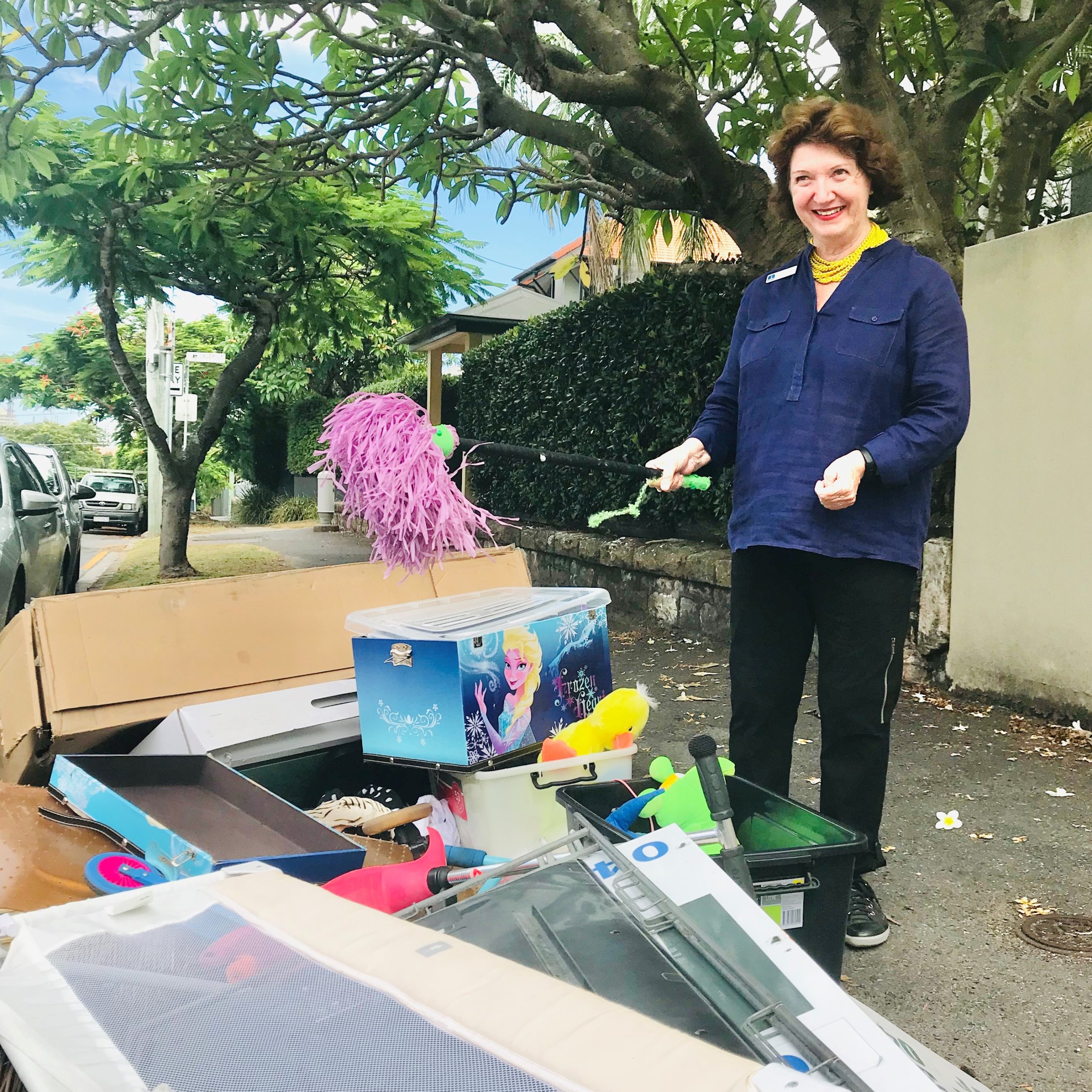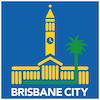
Kerbside Collection in 2025
The Schrinner Council will kick off another financial year of the free kerbside collection services, where residents will be able to dispose of large household items for free, saving costs and reducing illegal dumping in our suburbs.
Items must be placed on the kerbside by 6am on the first day of the collection period and should not obstruct the footpath.
The annual calendar helps residents plan ahead for the free kerbside collection and reduce unnecessary trips to the tip.
To help reduce landfill, donate household items in usable condition to friends or family, a local charity, or reuse and recycling organisations before you place them for collection on the kerb.
Donated items that can be resold may be taken to Council’s Treasure Troves in Acacia Ridge and Geebung, so residents can shop pre-loved items at a fraction of the cost.
The initiative is one of the many other ways Council is tackling waste, including dropping the price of owning a green garden waste bin to less than $1 a week and introducing $100 and $200 rebates for composting equipment at home.
I am Council is committed to keeping costs down for residents, while delivering the services that make our suburbs even better.
We know residents love this service, which saves them money and helps keep our suburbs clean.
We will continue to provide more budget-busting incentives for residents to help them stay sustainable at home.
Accepted items include:
- bath and laundry tubs
- bicycles and sporting equipment
- carpet and rugs
- electronic waste (e.g. televisions and computers)
- furniture and white goods (e.g. fridges and stoves)
- mattresses
- small household appliances (e.g. fans and toasters)
- wood products less than 1.5 metres
Unacceptable items include:
- batteries of any kind (including car, rechargeable and lithium batteries)
- bean bags (including the polystyrene bean filling)
- bricks and concrete
- car parts and tyres
- commercial builders waste (e.g. equipment and tools)
- dirt and stones
- garden waste (e.g. hoses, rakes, potted plants)
- gas bottles
- general household waste (e.g. food scraps) that normally goes into your household bin
- glass and mirrors
- hazardous wastes (e.g. chemicals, oil, asbestos)
- lino and fibro sheeting (potentially contains asbestos)
- liquids (e.g. paint)
For more information on the kerbside large item collection services, or to see your suburb’s collection date, visit www.brisbane.qld.gov.au and search ‘kerbside large item collection service’ or download the free Brisbane Bin and Recycling app today.
Kerbside Collection 2025
Central Ward residents can now mark their calendar for when our popular kerbside collection service will go through their suburb.
You must place your items for collection on the kerbside in front of your property by 6am on the first day of the collection period.
20 January 2025
Brisbane City – Fortitude Valley – Spring Hill – New Farm – Teneriffe – Newstead
10 February
Bowen Hills

